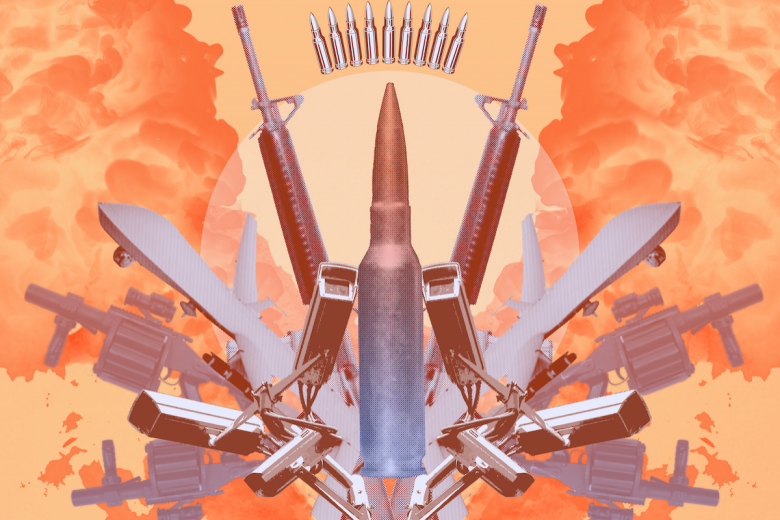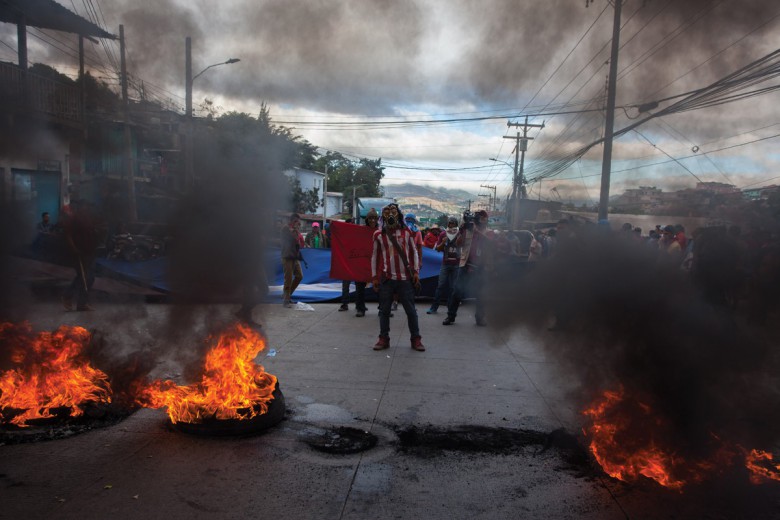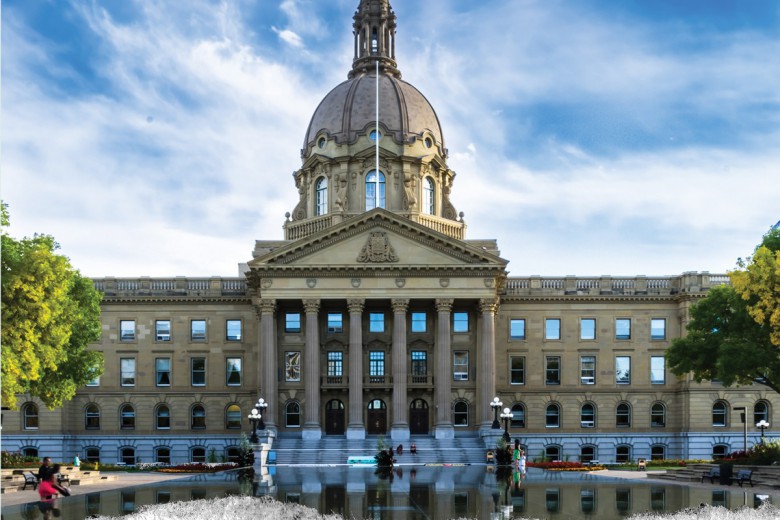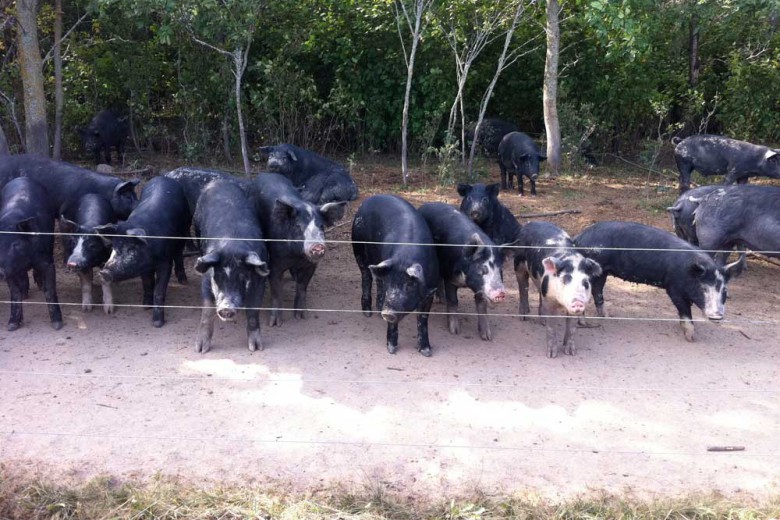
The Responsibility to Protect (R2P) is a new name for the old concept of humanitarian intervention, or humanitarian imperialism. For centuries, powerful states have reserved the “right” to intervene in – and thus undermine the sovereignty of – less powerful countries. Following the NATO invasion of Yugoslavia in 1999, which was described by the Independent International Commission on Kosovo as “illegal but legitimate” in a report presented to the United Nations, advocates of humanitarian intervention wished to lay the groundwork for future interventions to take place with perceived legitimacy and nominal legality, and without the encumbrance of UN Security Council delays or vetoes.
As an ostensibly non-imperial power, Canada stepped forward to spearhead the project in 2000. The Canadian government launched the International Commission on Intervention and State Sovereignty, which, following global deliberations among legal, diplomatic, and academic elites, settled on the R2P concept. State sovereignty, considered an inalienable right since the 17th century, was turned on its head to become a responsibility. Failure to live up to it invited various forms of intervention, including military.
The launch of the R2P doctrine was sidetracked by the attacks of September 11, 2001, and the ensuing War on Terror. Between that time and 2005, the Canadian government took the lead on quietly selling R2P to the international community, with the eventual goal establishing R2P as a recognized principle in the UN system. The U.S. and U.K. invoked the theme of humanitarian intervention and R2P, ex post facto, to justify the 2003 invasion of Iraq. Canadian officials did the same in 2004 to argue their case for helping overthrow the democratically elected government in Haiti.
Taking place largely outside of mainstream discussions, such warning signs of the potential implications of R2P – chiefly, that it may be used to justify intervention of the overtly imperialist sort – were cast aside as Canadians focused instead on how R2P could help “prevent another Rwanda.” At the 2005 UN summit, Canadian officials succeeded in getting R2P included in the world summit outcome document, laying the foundation for R2P as a new global norm.
With the (often messy, duplicitous, and arm-twisting) work of pushing R2P through the UN General Assembly done, and with a change of government in 2006, Canadians turned the advocacy of R2P over to private NGOs, U.S. philanthropic foundations, and sympathetic academics.
The administration of President Barack Obama includes numerous endorsers of R2P. Obama’s explicit endorsement of R2P invited its invocation by the R2P lobby at the earliest occasion: the NATO invasion of Libya in 2011, which is considered the first successful “operationalization” of the R2P doctrine. Syria is high on the priority list of the R2P lobby for its next application. Meanwhile, events in Gaza have demonstrated the selective invocation of R2P against enemies of Western powers. During Operation Cast Lead, Israel’s 2009 invasion of Gaza, R2P supporters like James Traub, spokesperson for the Global Centre for the Responsibility to Protect, argued that it would be unwise to “belabour” Israel with an R2P invasion force to protect Palestinian civilians, for example, with a no-fly zone over Gaza. The exercise repeated itself in late 2012 during eight days of Israeli sorties that killed over 100 Palestinian civilians.
R2P’s lobbyists, ever active in social media, email, and Internet campaigns, have largely fallen silent when it comes to Palestine. The R2P doctrine is equally absent on the matter of civilian protection from the ravages of private, capitalist accumulation. The global role of Canadian resource industries alone – with repeated violations of the spirit if not the letter of R2P – raises further critical questions regarding the utility of and true intentions behind this still emerging doctrine of humanitarian imperialism.






